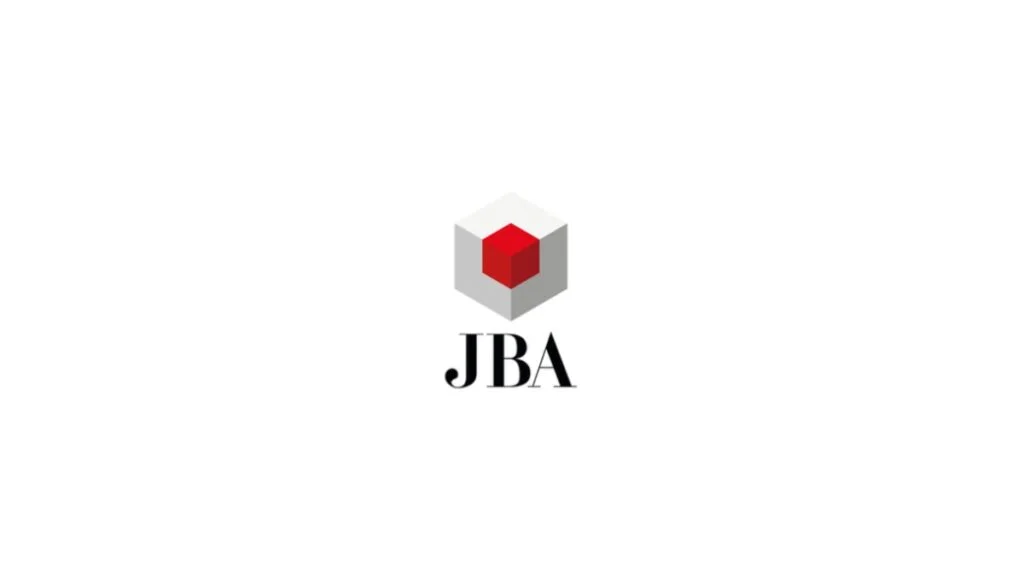The Japan Blockchain Association has called for a review of the crypto taxation system proposed by the government.

The JBA has proposed three key improvements to encourage the development of the cryptocurrency business and increase public accessibility. The group suggests doing away with year-end unrealized gains taxation on tokens produced by third parties as the first item on the list.
The lobbying group also requests that the JBA establish a uniform 20% tax rate and separate taxation for transactions involving certain crypto assets. JBA also suggests doing away with income taxes on profits from crypto asset exchanges.
Accepting these measures would facilitate web3 business ventures and make it simpler for people to hold and use crypto assets. The JBA’s action aligns with a global uptick in interest from cryptocurrency companies.
The biggest cryptocurrency exchange by trading volume, Binance, has already shown a desire to increase its presence in Japan. In general, blockchain and cryptocurrency are welcomed by the Japanese government.
A dedicated section for cryptocurrency regulation, lax rules for cryptocurrency exchanges, and promises to encourage blockchain development all point to the government’s growing receptivity to these developments.
This tendency is also further supported by JBA’s proposed tax revisions, which might make Japan a desirable location for cryptocurrency businesses and investors.
Cryptocurrency assets are treated as assets for tax purposes in Japan, where the tax system is very complex. Capital gains tax is owed on any gains or losses resulting from the sale or exchange of digital assets.
The United States currently classifies Bitcoin as a commodity, and any capital gains are subject to taxation. In their action against Coinbase and Binance, the SEC has named several assets as examples of unregistered securities, including Cardano (ADA).
Representatives from both platforms, though, have refuted these claims. The Markets in Crypto-Assets (MiCA) rule was adopted by the European Parliament in H1 2023 and is planned to go into effect in 2024. MiCA wants to provide a comprehensive regulatory framework for digital assets in the EU.
